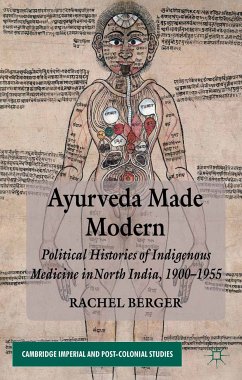-Daniel J. Kevles, Professor Emeritus of History, Yale University, and author of In the Name of Eugenics: Genetics and the Uses of Human Heredity
"David Redvaldsen reconstructs the enduring history of British eugenics in vivid detail, outlining its transformations in response to evolutionary theories. Far from fading after 1945, he shows how eugenics has a capacity to update itself, enduring until the present day."
-Paul Weindling, Wellcome Trust Research Professor in the History of Medicine, Oxford Brookes University, and author of Health, Race and German Politics between National Unification and Nazism, 1870-1945
This book examines British eugenics from its origins in 1865 to the early 1990s. It considers the two institutions promoting the doctrine: the Galton Laboratory attached to the University of London; and the Eugenics Society. It charts internal and ideological changes across more than a century, seeing eugenics as primarily a political movement. The Galton Laboratory published detailed studies of heredity. It transformed itself into a centre for medical genetics after the Second World War. As early as the 1920s, the Eugenics Society was the mainspring of the doctrine, formulating what became the British version of an international ideology. Its support for sterilization in the 1930s eroded the kudos it had gained in policy-making circles. From the 1960s, organized eugenics was especially a forum for learned and popular discussion of biology and sociology. Medical advances after 1970 aided its continuation, notably the growth of assisted reproductive technologies. The book presents British eugenics as mostly shaped by domestic concerns, offering new revelations and interpretations with the capacity to readjust historical thinking. It also covers contemporary bioethical and political issues aligned to eugenics.
David Redvaldsen is a Lecturer in the Department of Sociology and Social Work at the University of Agder, in Norway.
Dieser Download kann aus rechtlichen Gründen nur mit Rechnungsadresse in A, B, BG, CY, CZ, D, DK, EW, E, FIN, F, GR, HR, H, IRL, I, LT, L, LR, M, NL, PL, P, R, S, SLO, SK ausgeliefert werden.









